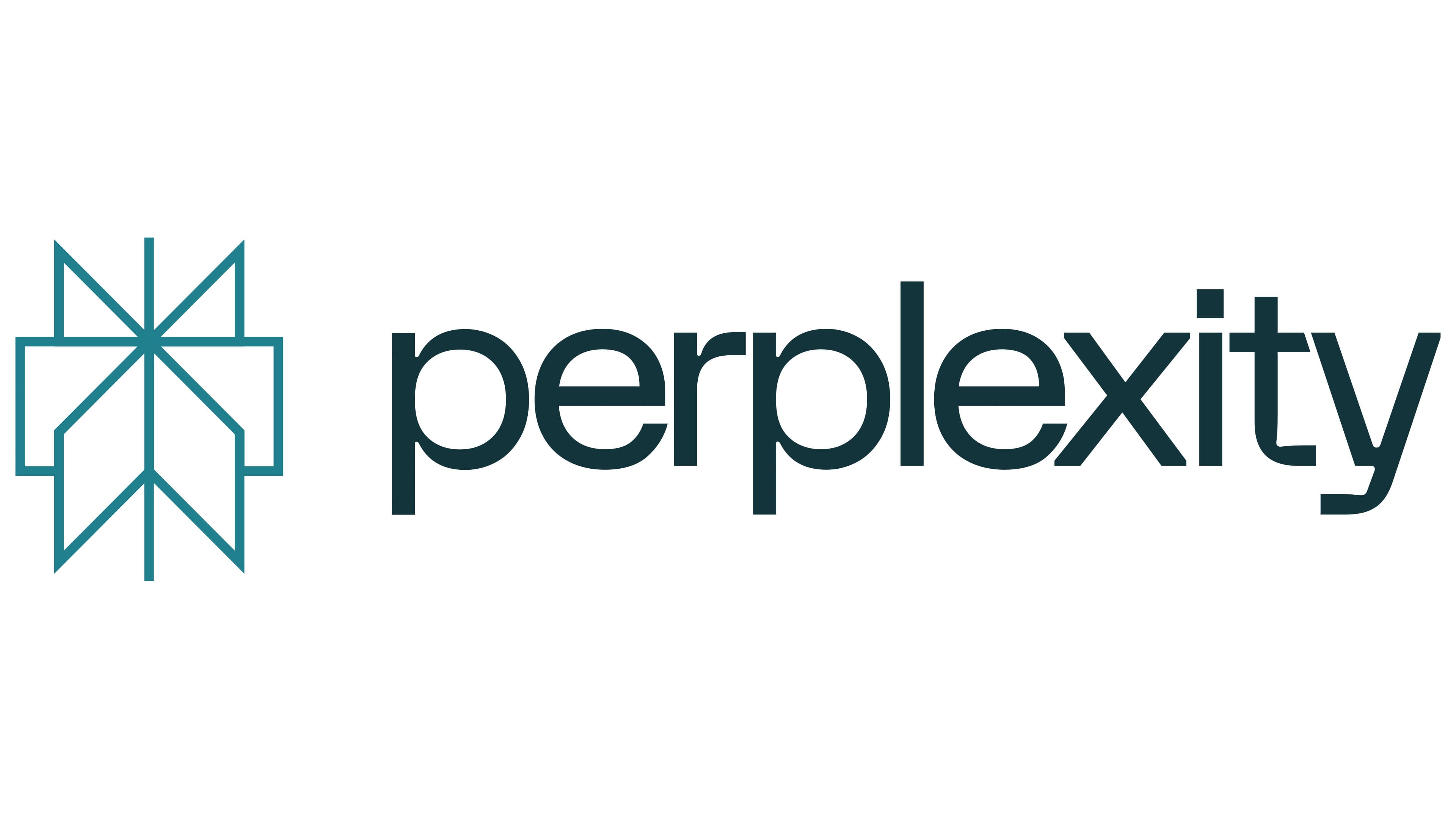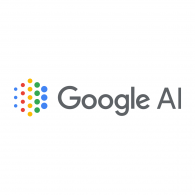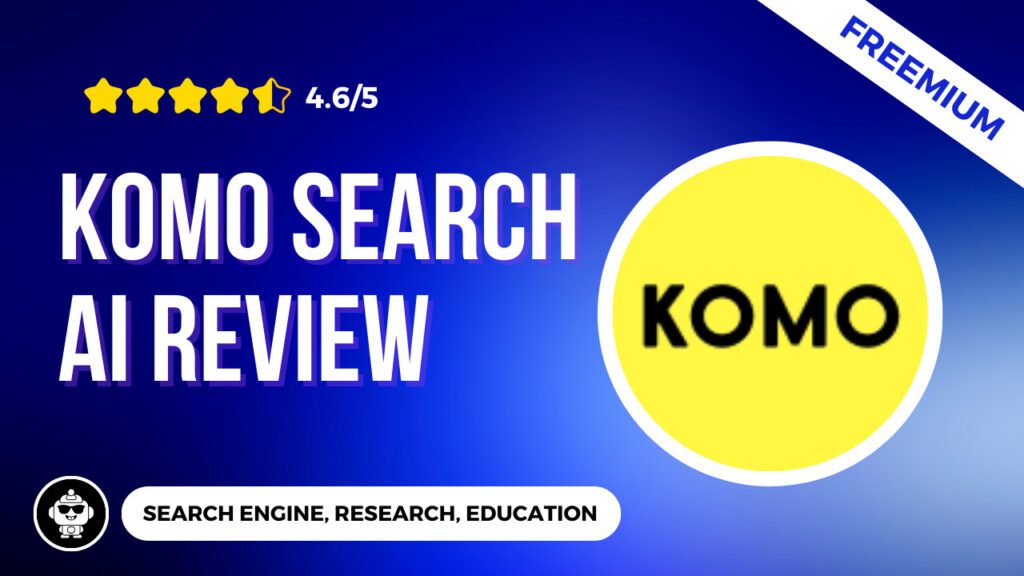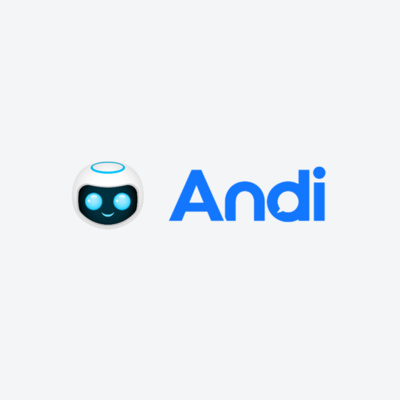In 2025, the landscape of online information retrieval has been fundamentally reshaped by the rise of artificial intelligence search tools. These platforms are not just a fleeting trend; they represent a significant evolution from traditional search engines, offering more intuitive, conversational, and context-aware ways to access information. This article explores the best AI search engines 2025 has to offer, providing a comprehensive guide for users seeking to harness the power of these innovative tools.
Summary
The best AI search engines of 2025, including Perplexity, ChatGPT Search, and Brave Search, are revolutionizing how we find information online. By combining advanced AI models with real-time web access, these platforms provide direct, summarized answers with clear source citations, offering a more efficient and conversational alternative to traditional search.
What Are AI Search Engines and How Do They Work?
AI search engines represent a paradigm shift in how we interact with the vast repository of information on the internet. Unlike traditional search engines that primarily rely on keyword matching and backlink analysis to rank a list of blue links, AI-powered search platforms leverage large language models (LLMs) to understand the user's intent and the context behind a query. This allows them to deliver direct, synthesized answers rather than just a list of potential sources. The process involves several sophisticated steps:
1.Natural Language Processing (NLP): At the core of these engines is natural language processing, a field of AI that enables computers to understand, interpret, and generate human language. When you type a query, the AI search engine uses NLP to grasp the nuances of your question, including the entities involved and the relationships between them.
2.Information Retrieval and Synthesis: Once the query is understood, the engine scours the web for relevant information from a multitude of sources. It then uses its AI capabilities to read, analyze, and synthesize this information into a coherent and concise answer. This process is akin to having a research assistant who reads dozens of articles and provides you with a summary of their findings.
3.Source Citation: A crucial feature of the best AI search engines is their commitment to transparency. They provide citations for the information presented in their answers, allowing users to verify the accuracy of the information and delve deeper into the original sources. This helps to build trust and mitigate the risk of
AI-generated "hallucinations" or misinformation.
1.Conversational Interaction: Many intelligent search engines offer a conversational interface, allowing users to ask follow-up questions and refine their search in a more natural way. The AI remembers the context of the conversation, enabling a more dynamic and interactive search experience.
This evolution in search technology is driven by the increasing demand for more efficient and accurate information retrieval. As a recent Semrush study suggests, the number of users turning to AI search could surpass traditional search visitors by 2028 [1]. However, it is also important to be aware of the potential for misleading content. An Exploding Topics study found that 42.1% of people had encountered misleading information in AI-generated search summaries [2], highlighting the importance of using reputable and transparent AI search tools.
The 8 Best AI Search Engines in 2025
After extensive research and testing, we have compiled a list of the eight best AI search engines 2025 has to offer. These platforms have been selected based on their accuracy, user experience, feature set, and commitment to transparency.
1. Perplexity AI: The Best Overall AI Search Experience

Perplexity AI has emerged as a frontrunner in the AI search space, offering a powerful and versatile platform that strikes an excellent balance between traditional search and a conversational AI experience. It is particularly well-suited for users who require in-depth, reliable information for research and news gathering. Perplexity's strength lies in its ability to provide fast, accurate, and well-cited answers, making it a top choice for professionals and academics alike.
One of Perplexity's standout features is its transparent approach to source citation. The platform clearly displays the sources it uses to generate its answers, allowing users to easily verify the information and explore the original content. This commitment to credibility is a significant advantage in an era of increasing misinformation. Additionally, Perplexity offers a range of advanced features, including the ability to organize searches into folders, handle multimodal queries, and even review the steps the AI took to arrive at its answer. For those seeking a comprehensive and trustworthy AI search algorithm, Perplexity is an excellent choice.
2. ChatGPT Search: The Most Advanced Conversational Search
While originally known as a groundbreaking AI chatbot, OpenAI's ChatGPT has evolved to include powerful web search capabilities, making it a formidable player among AI-powered search platforms. ChatGPT Search leverages the immense power of OpenAI's latest models, such as GPT-5, to provide highly contextual and conversational search experiences. Users can ask complex, multi-part questions and receive detailed, nuanced answers that draw upon real-time information from the web.
The key advantage of ChatGPT Search is its ability to maintain the context of a conversation, allowing for a more natural and intuitive exploration of topics. You can ask follow-up questions, request clarifications, and guide the AI to refine its search without having to start from scratch with each new query. This makes it an ideal tool for in-depth research and complex problem-solving. While the free version offers limited access, the paid ChatGPT Plus subscription unlocks the full potential of this powerful conversational AI search engine.
3. Brave Search: The Privacy-Focused AI Search Engine

For users who prioritize privacy without wanting to sacrifice the benefits of AI-powered search, Brave Search offers a compelling solution. Developed by the creators of the privacy-focused Brave browser, this search engine provides an independent and transparent alternative to the dominant players in the market. Brave Search has integrated AI to provide concise, summarized answers at the top of its search results, a feature known as the "Answer with AI."
What sets Brave Search apart is its commitment to user privacy. The platform does not track users or their queries, and it does not build user profiles. This makes it a safe and secure choice for those who are concerned about their digital footprint. Brave Search's hybrid approach, which combines its own independent web index with AI-powered summarization, offers the best of both worlds: the comprehensive results of a traditional search engine and the convenience of AI-generated answers. This makes it a strong contender for users seeking a more private and secure way to explore the web with the help of smart search solutions.
4. Google AI Overviews: The Integration of AI into the World's Most Popular Search Engine

Google, the undisputed leader in traditional search, has not been idle in the face of the AI revolution. The company has been steadily integrating AI into its search results through a feature called AI Overviews. These AI-generated summaries appear at the top of the search results page for many queries, providing users with a quick, direct answer to their questions. This integration of machine learning search technology into the familiar Google interface has made AI-powered search accessible to billions of users worldwide.
Google's AI Overviews are designed to provide a snapshot of the most relevant information from across the web, drawing from a wide range of sources to create a comprehensive summary. The platform also includes links to the original sources, allowing users to dig deeper into the topics they are interested in. While Google's AI Overviews are still evolving, they represent a significant step towards a more intelligent and helpful search experience. As Google continues to refine its AI models and expand the capabilities of its AI Overviews, it is likely to remain a dominant force in the world of search, making it a key platform to watch in the realm of neural search systems.
5. Komo AI: The Customizable and Interactive Search Experience

Komo AI is a newer entrant to the AI search scene, but it has quickly gained attention for its highly customizable and interactive user experience. This platform is designed for users who want more control over their search process, offering a range of features that allow you to tailor the search to your specific needs. Komo's interface is clean and intuitive, with a focus on visual results and interactive exploration.
One of Komo's most innovative features is its "Personas" and "Data Corpus" options. The Personas feature allows you to tune the AI's responses to specific roles, such as a copywriter, equity researcher, or explainer. This can be incredibly useful for professionals who need to generate content or analysis in a particular style. The Data Corpus feature lets you limit your search to specific types of content, such as academic papers, blogs, news articles, or social media. This level of customization makes Komo a powerful tool for targeted research and information gathering, and a great example of a cognitive search platform.
6. Andi: The Friendly and Accessible AI Search Assistant

Andi bills itself as "search for the next generation," and its friendly, approachable interface is designed to appeal to a broad audience. This AI search engine presents its results in a clear and visually appealing way, with a central response area and a side panel of preview cards with web links. Andi's focus is on providing a simple and intuitive search experience that is accessible to everyone, regardless of their technical expertise.
Andi's summarization feature is particularly noteworthy. With the click of a button, you can generate a concise summary of the search results, complete with footnotes that link back to the original sources. This makes it easy to get a quick overview of a topic and then dive deeper into the details if you wish. While Andi may not be as feature-rich as some of the other platforms on this list, its simplicity and ease of use make it an excellent choice for everyday search needs and a great introduction to the world of AI search algorithms.
7. You.com: The Enterprise-Focused AI Search Platform
You.com has evolved from a personalization-focused search engine into a powerful enterprise AI platform. While it still offers a consumer-facing search engine, its primary focus is on providing businesses with secure, accurate, and flexible AI solutions. You.com's search capabilities are designed to streamline workflows and improve decision-making in a professional context, making it a valuable tool for enterprise search solutions.
You.com's AI-powered search is particularly adept at handling complex queries that require in-depth research and summarization. The platform is designed to generate accurate responses with relevant citations, making it a reliable tool for business intelligence and market research. You.com also offers a range of integrations with other business applications, allowing for a seamless workflow between search, analysis, and action. For businesses looking to leverage the power of AI to gain a competitive edge, You.com is a platform worth considering.
8. Phind: The AI Search Engine for Developers
Phind is a specialized AI search engine that is designed specifically for developers and technical users. It is optimized to provide instant answers to technical questions, with simple explanations and relevant code snippets. Phind's goal is to help developers find the information they need quickly and efficiently, without having to sift through pages of documentation or forum posts.
Phind's AI is trained on a massive dataset of code and technical documentation, giving it a deep understanding of programming languages, frameworks, and libraries. This allows it to provide highly accurate and relevant answers to a wide range of technical queries. Phind also offers a range of features that are specifically designed for developers, such as the ability to search for code by function, class, or method. For developers who are looking for a faster and more efficient way to find technical information, Phind is an invaluable tool and a great example of a specialized information retrieval system.
Comparing the Best AI Search Engines of 2025
To help you choose the right AI search engine for your needs, we have created a comparison table that highlights the key features, strengths, and pricing of each platform.

The Role of Semantic and Semantically Distant Keywords in AI Search
As AI search engines become more sophisticated, the importance of using a diverse range of keywords in your content strategy cannot be overstated. This includes both semantic keywords, which are closely related to your focus keyword, and semantically distant keywords, which are more topically broad. By incorporating these different types of keywords into your content, you can signal to AI search algorithms that your content is comprehensive, authoritative, and relevant to a wide range of user queries.
For the focus keyword "best ai search engines 2025," here are some examples of semantic and semantically distant keywords:
•Semantic Keywords: artificial intelligence search tools, AI-powered search platforms, intelligent search engines, machine learning search technology, conversational AI search, semantic search engines, AI search algorithms, neural search systems, cognitive search platforms, smart search solutions.
•Semantically Distant Keywords: search engine optimization, natural language processing, information retrieval systems, data mining tools, knowledge graphs, voice search technology, personalized search results, search analytics platforms, enterprise search solutions, federated search systems.
By strategically incorporating these keywords into your content, you can improve your chances of ranking well in both traditional and AI-powered search results. This is because these keywords help the AI to understand the context and nuances of your content, making it more likely to be surfaced for relevant queries. For example, using a term like "knowledge graphs" in an article about AI search engines can signal to the AI that your content is more in-depth and technical than a more basic article on the same topic. Similarly, including a term like "voice search technology" can help your content to rank for queries related to voice-activated AI assistants.
Conclusion
The world of search is undergoing a profound transformation, and the best AI search engines 2025 are at the forefront of this revolution. These innovative platforms are not just changing how we find information; they are also changing how we interact with it. By providing direct, synthesized answers, these AI-powered search platforms are making it easier than ever to access the knowledge we need, when we need it.
As we move forward, it is clear that AI will continue to play an increasingly important role in the future of search. The platforms highlighted in this article represent the cutting edge of this technology, and they offer a glimpse into a future where search is more intelligent, more conversational, and more helpful than ever before. Whether you are a casual user, a professional researcher, or a developer, there is an AI search engine out there that is right for you. The key is to understand your own needs and to choose the platform that best meets them. With the right artificial intelligence search tools at your disposal, you can unlock a world of information and gain a deeper understanding of the world around you.

.png)

